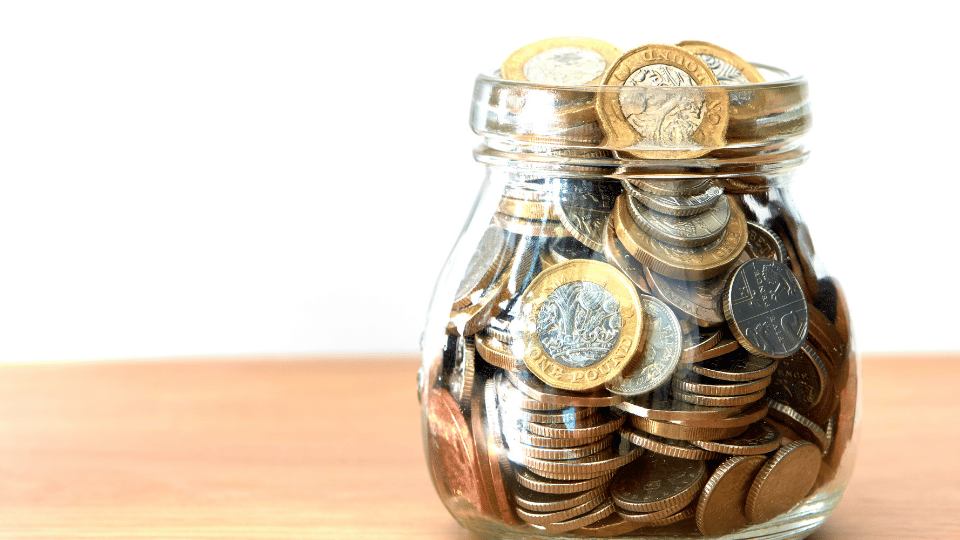When you clean your solar panels, it is ensuring the efficiency of your system – greatly increasing the energy efficiency of your home, trimming down your energy bills, and even raising the value of your property.
What is the process for cleaning your own solar panels?
If you want to clean your own solar panels, here is the 5 step process to do it:
- Firstly, you should check your panels for possible damage or signs of dirt and build up of debris.
- After a full inspection, safely rinse the panels with water to remove the loose dirt. Use a gentle setting to prevent damage.
- If dirt persists, use a soft brush as well as some mild detergent to clean.
- Again rinse but ensure that the detergent is completely washed off.
- Using a squeegee or soft cloth, remove any excess water and prevent water spots from appearing.

Other things to consider when cleaning your own solar panels
Although this is a simple process to follow, there are other important factors that should always be considered first.
Safety first
Solar panels installed on a roof poses a safety risk when it comes to cleaning them. Safety is priority number 1 and you can ensure it by using a sturdy ladder placed on a flat surface.
A cleaning professional should be hired if you don’t feel it is safe to do the cleaning solar panels on your own.
The tools for the job
Before carrying out the clean, ensure that you have all the correct solar panel cleaning equipment.
- A Soft bristle brush is perfect for cleaning and leaving no surface scratches.
- Garden hoses with the option for light spraying is the best way to remove loose dirt without causing damage.
- A soft lint-free cloth can help when wiping down the panels after wetting them.
- Mild detergents are the best choice for cleaning.
- A window squeegee can remove any excess water.
Additional tips to help you clean your solar panels on your own
Don’t use harsh chemicals: Some chemicals are too strong or abrasive which would damage your solar panels.
Choose the best time to clean: In the morning when it’s cool and late afternoon are the best times to clean. The hottest times of the day can cause water spots when drying off.
Consider the angle: Tilt the panels slightly while you clean to allow the water to run off.
Prevent future build-up: If there are trees nearby, trim them if possible. This will reduce shade and any more debris from building.
Free solar to clean!
Through government backed energy upgrade incentives, you could get solar panels for free! Click the button below to find out if you are eligbile for these free upgrades:
How to clean solar panels FAQ’s
1. Rinse with a low pressure washer such as a garden house that is equipped with a spray setting.
2. Washing with soapy water allows for a more thorough clean.
3. Cleaning solar panels can seem a lot at first. Get them professionally cleaned to start.
4. Consider a Hydrophobic Coating. This will add another protective layer to the system to keep your panels cleaner for longer.
Yes. If you choose to clean the solar panels yourself, personal safety should always come first when performing solar panel maintenance.
No. You can never pressure wash your solar panels. This can cause damage, reducing efficiency and energy output. Using a soft brush, soapy water, and gentle garden hose is enough to get the job done.
Six months is a reasonable amount of time between each clean. This depends though on the frequency of debris build-up due to the surrounding environment.



